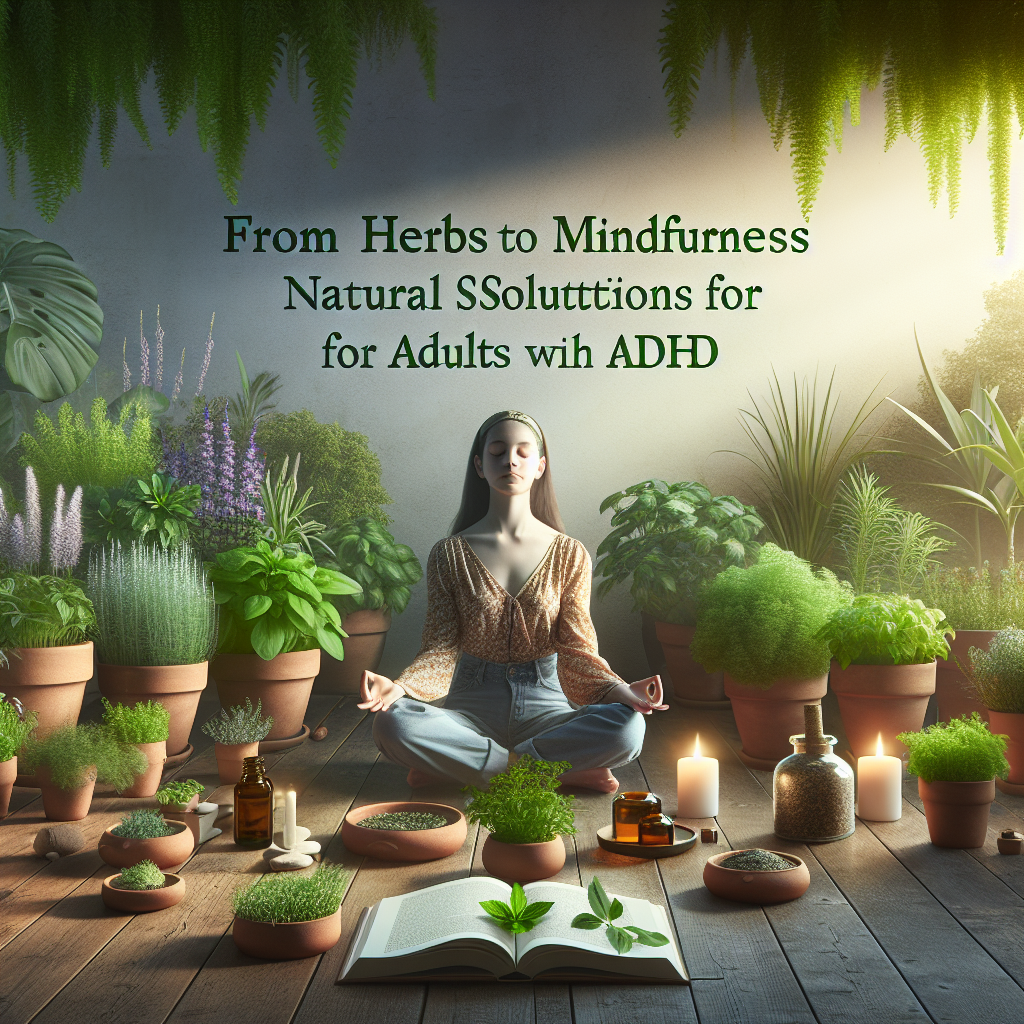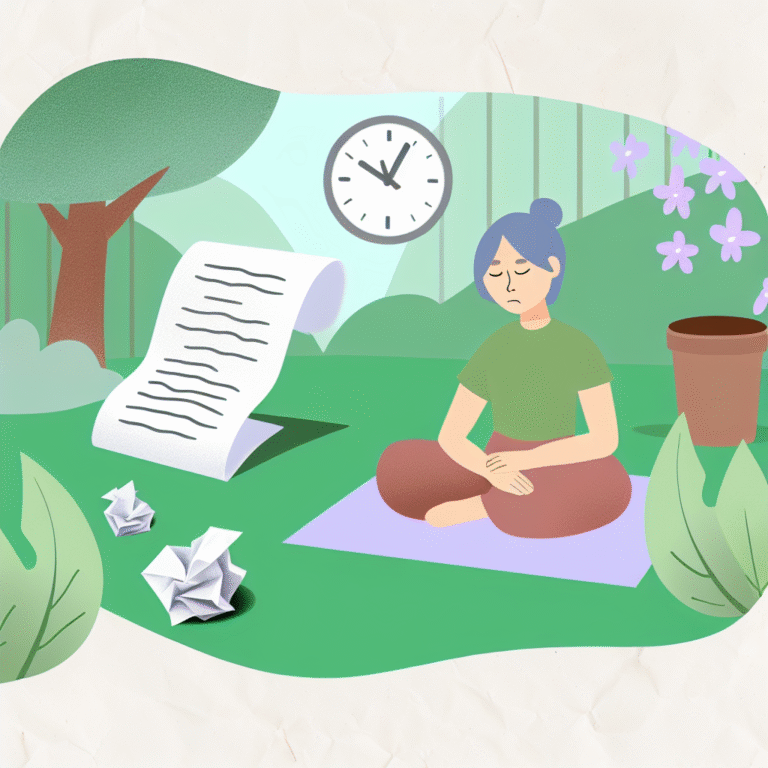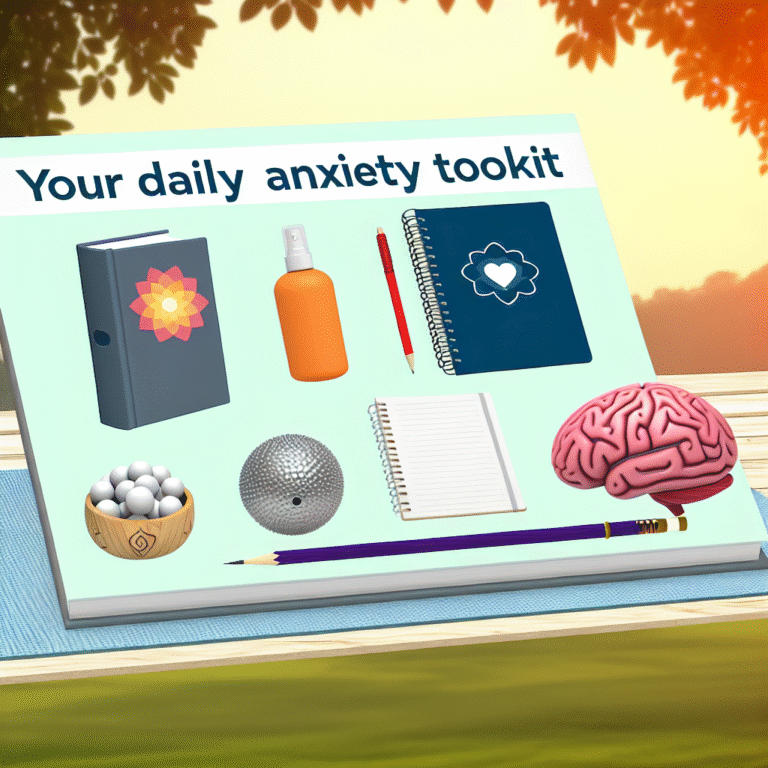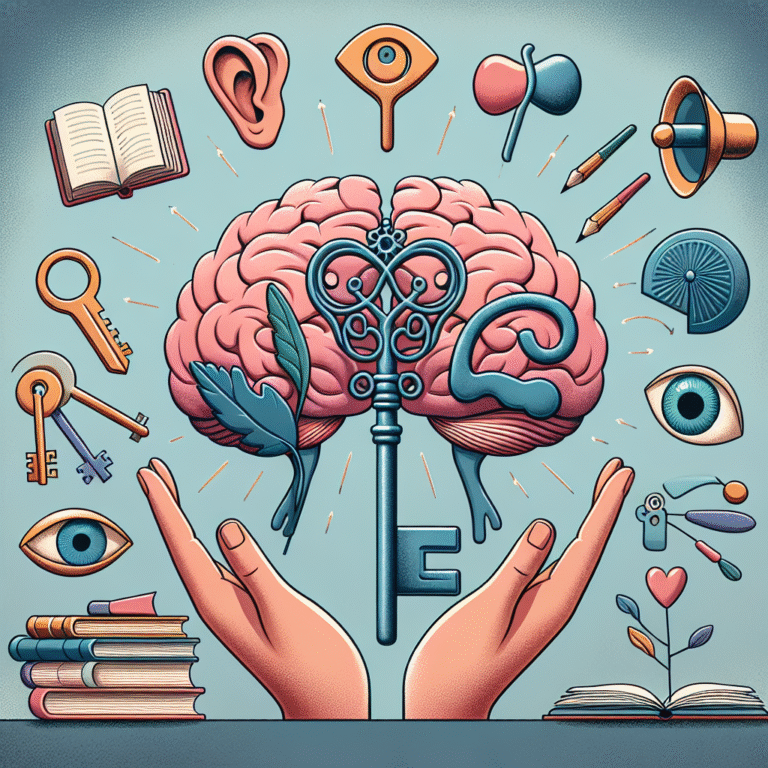
From Herbs to Mindfulness: Natural Solutions for Adults with ADHD
Introduction
Attention-Deficit/Hyperactivity Disorder (ADHD) affects millions of adults, often leading to difficulties in focus, organization, and emotional regulation. Traditional treatment options typically revolve around pharmaceutical interventions, which can bring their own set of challenges. However, an increasing number of adults are seeking natural solutions, from herbs to mindfulness practices, to manage their symptoms effectively. This article delves into the wealth of natural remedies and holistic strategies available, providing valuable insights and real-world applications for those who want to regain control over their lives.
Understanding ADHD in Adults
Before we explore the journey from herbs to mindfulness, it’s essential to understand the complexities of ADHD in adults. Unlike children, adults with ADHD may have developed coping mechanisms that mask their symptoms, making diagnosis more challenging. However, the core symptoms—impulsivity, inattention, and hyperactivity—persist and can significantly impact various facets of adult life, including work, relationships, and overall well-being.
The Rise of Natural Solutions
As the conversation around mental health has evolved, so too has the exploration of alternative treatments. From herbs to mindfulness practices, many adults are turning their backs on conventional medications in favor of natural solutions for managing their ADHD symptoms. This holistic approach is not merely a trend; it’s a lifestyle shift that emphasizes the mind-body connection.
Herbs: Nature’s Pharmacy
The Power of Herbal Remedies
Herbal remedies have been utilized for centuries in various cultures for their healing properties. For adults with ADHD, certain herbs have shown promise in alleviating symptoms, enhancing cognitive function, and promoting emotional balance.
Key Herbal Solutions
Ginkgo Biloba
- What it is: An ancient plant extract known for its cognitive-enhancing properties.
- Evidence: Studies indicate that Ginkgo Biloba may help improve attention and reduce impulsivity in adults with ADHD.
- Case Study: A 30-year-old professional reported a noticeable increase in focus and memory retention after incorporating Ginkgo into her daily routine.
Bacopa Monnieri
- What it is: An Ayurvedic herb touted for its memory-enhancing abilities.
- Evidence: Research suggests Bacopa may improve cognitive function and decrease anxiety, making it a valuable herb for those with ADHD.
- Case Study: An adult male in his forties noted a significant reduction in anxiety and an increase in productivity after a three-month Bacopa regimen.
- Rhodiola Rosea
- What it is: Often termed “Golden Root,” this adaptogenic herb is known for combating stress and fatigue.
- Evidence: Preliminary studies show promise in improving attention levels and reducing fatigue, common issues for ADHD sufferers.
- Case Study: A working mother shared how Rhodiola helped her manage stress while increasing her ability to focus at work and home.
Incorporating Herbs into Your Routine
While the benefits of herbs are evident, it’s vital to incorporate them thoughtfully into your routine. Consulting a healthcare provider or a registered herbalist can ensure safe and effective use, especially when combining these herbs with other treatments.
The Mindfulness Connection
Understanding Mindfulness
Mindfulness, at its core, is the practice of being fully present and engaged in the moment without judgment. For adults with ADHD, mindfulness can counteract impulsivity and distractions that derail focus.
The Role of Mindfulness in ADHD Management
Mindfulness-based practices have been shown to significantly improve attention, emotional regulation, and self-awareness. Here are some strategies you can integrate into your daily life:
Mindfulness Techniques
Mindful Breathing
- Technique: Taking a few minutes daily to focus solely on your breath can help center the mind and reduce racing thoughts.
- Evidence: Regular practice can lead to enhanced self-control and reduced impulsivity.
Meditation
- Technique: Engaging in guided or unguided meditation for even short periods can improve focus.
- Evidence: Studies show that meditation reduces stress and enhances cognitive flexibility, crucial for managing ADHD.
- Yoga
- Technique: Practicing yoga combines physical movement with breath and mindfulness, which can help ground individuals with ADHD.
- Evidence: Research indicates that yoga can reduce hyperactivity and improve emotional regulation.
Real-World Applications of Mindfulness
Several adults have reported transformative experiences when integrating mindfulness into their lives.
Case Study
- The Engineer’s Journey: A software engineer struggling with deadlines realized that 10 minutes of meditation before starting work enhanced his focus and productivity. His report indicated fewer mistakes and a notable improvement in his workspace relationships.
A Dual Approach: Combining Herbs and Mindfulness
Integrating Herbs and Mindfulness for Holistic ADHD Management
While both herbs and mindfulness have their distinct benefits, their combined use can amplify results. For example, consuming an herbal tea made from calming herbs like chamomile or valerian root before beginning a mindfulness practice can help soothe the mind and prepare it for deeper engagement.
A Sample Daily Routine
| Time | Activity | Notes |
|---|---|---|
| Morning | Herbal Supplement | Start with Ginkgo Biloba |
| Mid-Morning | Mindful Breathing | 5–10 minutes of focused breath |
| Afternoon | Mindfulness Break | Short walk focusing on surroundings |
| Evening | Herbal Tea | Use Bacopa or Chamomile tea before bed |
| Night | Meditation | 10 minutes to unwind and reflect |
The Importance of Support
Creating a Support Network
Embarking on the journey from herbs to mindfulness can initially feel overwhelming. Surrounding yourself with a supportive network of friends, family, or ADHD support groups can provide accountability and encouragement. Additionally, consider joining mindfulness groups or workshops that focus specifically on adults with ADHD.
Conclusion
Transitioning from traditional interventions to natural solutions for managing ADHD is not only possible but can be incredibly rewarding. By embracing a holistic approach that incorporates herbs and mindfulness, adults with ADHD can find new pathways to better focus, emotional regulation, and overall quality of life. Remember, every individual’s journey is unique; open-minded exploration of various solutions, combined with professional support, will ultimately guide you towards success. Your path may vary, but progress is achievable.
FAQs
Can herbs fully replace medication for ADHD?
- While herbs can aid in managing symptoms, they should be seen as complementary to medication, not replacements. Always consult a healthcare provider before making changes to your treatment plan.
How long does it take for herbal remedies to work?
- The effects can vary based on the individual and the herb used. While some may notice changes in a few days, others might take weeks to observe significant effects.
Is mindfulness practice difficult for beginners?
- Mindfulness can be as simple as focusing on your breath for a few minutes. Start small, and gradually increase the time as you become more comfortable.
Are there any side effects associated with these herbs?
- Like any supplement, herbs can have side effects or interactions with medications. Always discuss new herbal supplements with your healthcare provider.
- Can I practice mindfulness without meditation?
- Absolutely! Mindfulness can be practiced through various activities, including walking, journaling, or even cooking. The key is to engage fully in the activity at hand.
This article sheds light on the varied natural solutions for adults with ADHD, encouraging you to explore from herbs to mindfulness as powerful avenues for managing symptoms. Embrace the journey to enhance your focus, calm your mind, and improve your quality of life—one natural step at a time.














